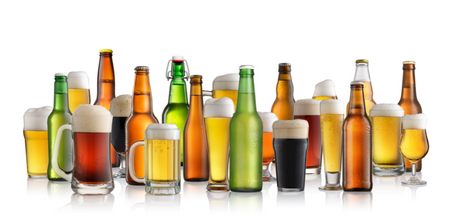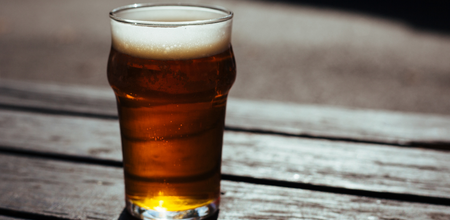Neurobehavioral Functioning after Traumatic Brain Injury for Persons with Pre-Injury Histories of Crime and Substance Abuse
Categories: Substance Abuse
What are the characteristics of persons with pre-brain injury history of substance use and crime? Is the history of pre-brain injury substance use and crime related to post-injury neuropsychological abilities?
Past Studies
Past Studies indicate that violent crime and substance abuse rates are increasing. Researchers have begun to identify the link between substance use, crime, and traumatic injury. Prior studies reveal that up to 65% of persons with a violent crime related injuries tested positive for cocaine use. For violent and non-violent related traumatic brain injury, up to 78% of persons had consumed alcohol at the time of injury. Additionally, up to 51% had consumed above the legal limit for intoxication. Research indicates that substance use can have a negative effect on recovery. It can affect the length of stay in the hospital, emotional well-being, and thinking skills ability. Researchers have questioned the link between pre-injury substance abuse and poor neurobehavioral abilities following brain injury. One study revealed that up to 20% of persons with brain injury had a history of arrest. In the same study, the persons with pre-injury arrest history presented neurobehavioral problems with aggressiveness. Most studies have focused on the relationship between crime and substance use, or the relationship between crime, substance use, and their relationship to neurobehavioral outcomes following traumatic brain injury.
This Study
This Study gathered information from 211 persons with traumatic brain injury who were seen for follow-up neuropsychological evaluation at one outpatient rehabilitation setting. A pre-injury arrest history was reported by 28% of the people in this study group. Persons with a pre-injury arrest history were more likely to be male, less educated, unmarried, and have a history of psychological treatment. Persons with an arrest history were three times as likely to experience injury from the assault. No differences were noted between persons regarding arrest history and neurobehavioral functioning. This population showed a greater tendency in one area, however; they were more likely to threaten to hurt other people. A substance abuse history was reported by 30% of the people in this study. Persons with a pre-injury substance abuse history were more likely to be males with a history of psychological treatment. This population was three times more likely to have experienced injury from the assault. They also received more moderate or severe injuries. No differences were noted between persons regarding substance abuse history and neurobehavioral functioning. Persons identified as heavy drinkers were more likely to be employed post-injury and have less neurobehavioral issues than persons who were not heavy drinkers. This is consistent with former studies and warrants further investigation.
Who May Be Affected By These Findings
Persons with brain injuries, their families, health care providers, and researchers.
Caveats
The authors state this study may be limited because it used a small group of people and one facility. Multi-center studies with a large diverse study group may produce more profound results.
Bottom Line
Persons with pre-brain injury substance use and criminal histories were more likely to be males with a history of psychological treatment. They were also three times as likely to experience injuries from assault. A history of pre-brain injury substance use and crime did not appear to be related to post-injury neuropsychological abilities. The findings of this study are comparable to those of former studies. The authors encourage future multi-center studies to help identify vulnerable subgroups. Such information would be helpful to identify persons at risk, lower the risks of re-injury, and increase rates of productive living.
Please take a moment to comment on the value of this abstract:
Click here to take a brief survey
Find This Study
Kolakowsky-Hayner, S. A.; & Kreutzer, J. S. (2001). Pre-injury crime, substance abuse, and neurobehavioral functioning after TRAUMATIC BRAIN INJURY. Brain Injury, (15), 53-63.









